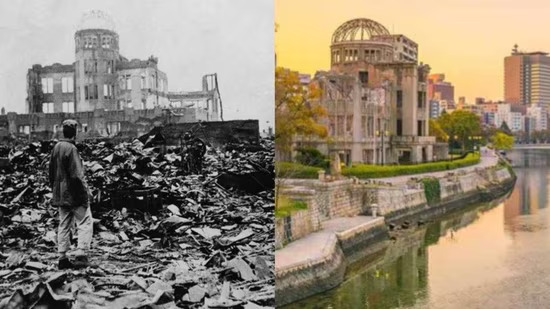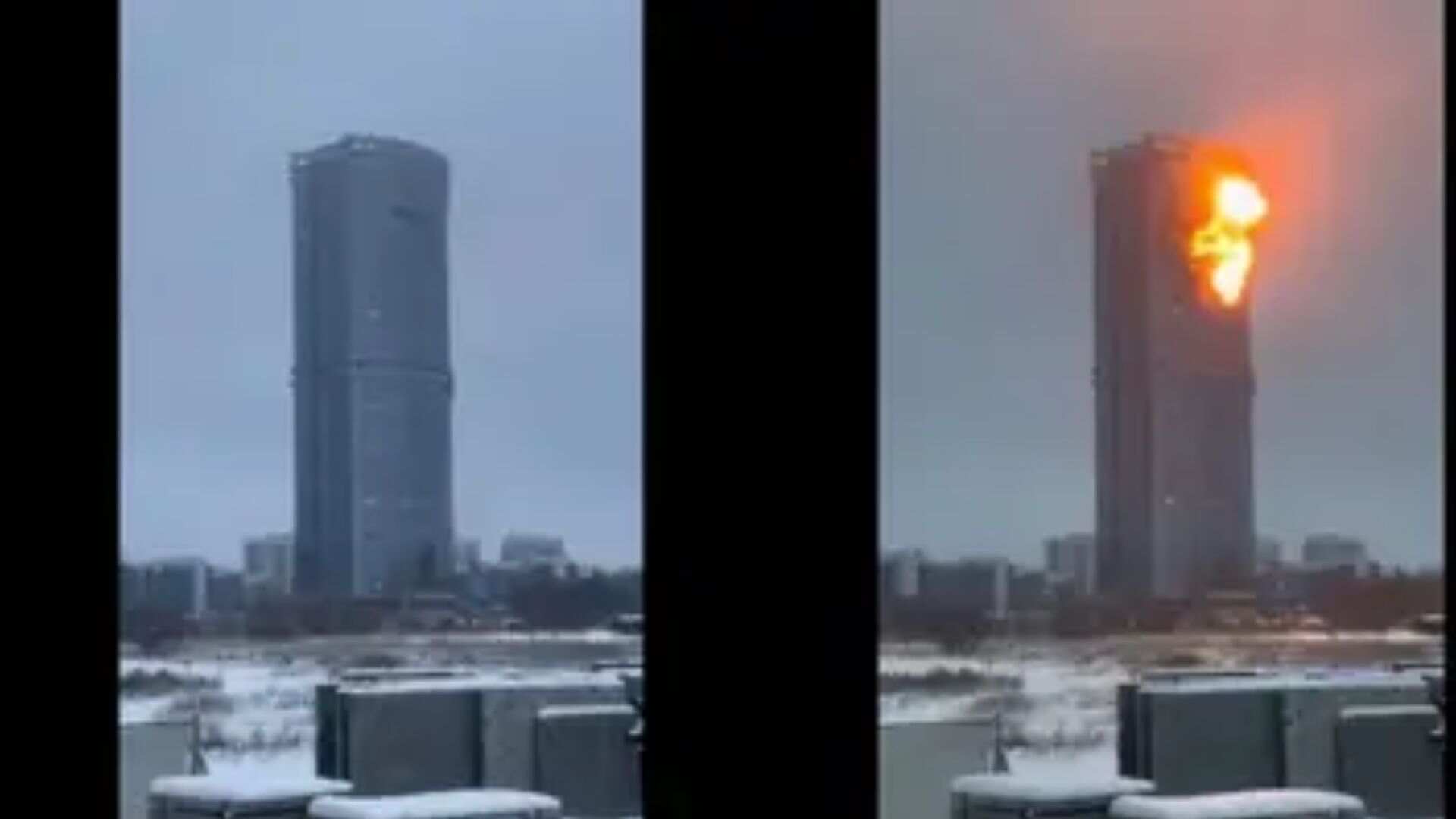Hiroshima Day, observed annually on August 6, marks the anniversary of the atomic bombing of Hiroshima during World War II. This year, in 2024, will be the 79th anniversary of the bombing that brought unprecedented devastation to the Japanese city.
History:
On August 6, 1945, the United States dropped the first deployed atomic bomb, named “Little Boy,” on Hiroshima. The bombing resulted in the immediate death of an estimated 90,000 to 140,000 people, mostly civilians, and caused massive destruction. Approximately 39% of Hiroshima’s population was killed instantly. The long-term effects of radiation also led to generational health issues among survivors, known as Hibakusha.
Significance:
Hiroshima Day serves as a solemn reminder of the horrors of nuclear warfare and underscores the importance of peace and diplomacy. It highlights the catastrophic consequences of war and the urgent need for a world free from nuclear weapons. The day emphasizes the human capacity for resilience and forgiveness while advocating for global disarmament and peace.
Observance:
The day is marked by various ceremonies and activities aimed at honoring the victims and promoting a message of peace. Key observances include:
Visit to the Hiroshima Peace Memorial Museum: This museum documents the events and aftermath of the bombing, preserving the memory of those affected.
Peace Memorial Park: The park, central to the day’s activities, hosts a ceremony where visitors pay their respects to the victims.
Ceremonies and Tributes: The ceremonies often feature the release of doves and the tolling of the Peace Bell, creating a sombre yet hopeful atmosphere. These acts symbolize the ongoing commitment to preventing such tragedies from occurring again.
Visitors to Hiroshima on this day leave with a renewed dedication to advocating for peace and working towards a world where nuclear weapons no longer pose a threat. The experiences and lessons from Hiroshima inspire global efforts to avoid repeating the past and strive for a future free of nuclear conflict.







